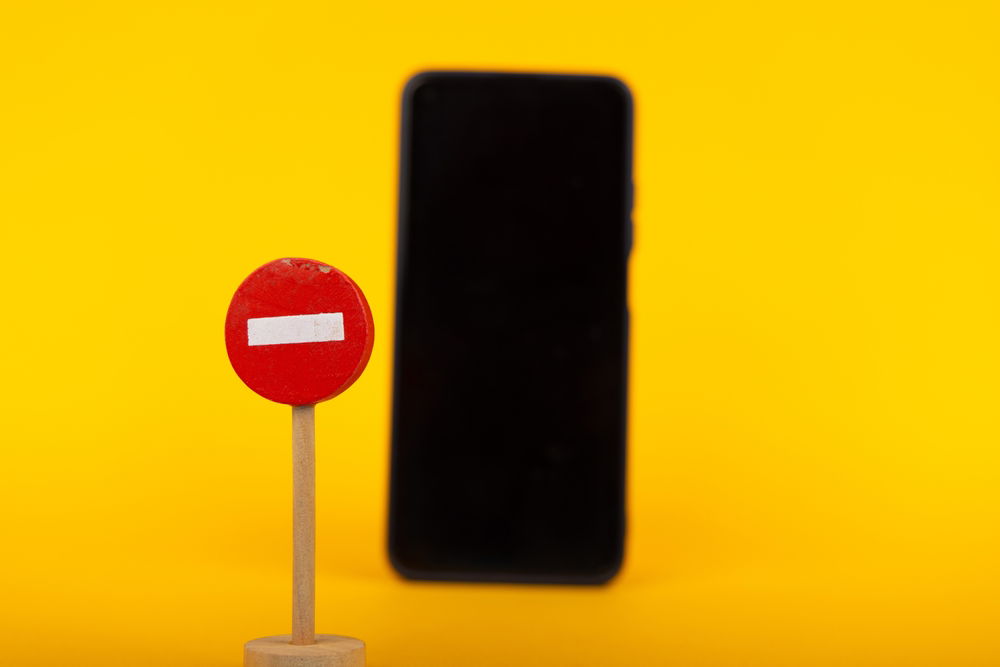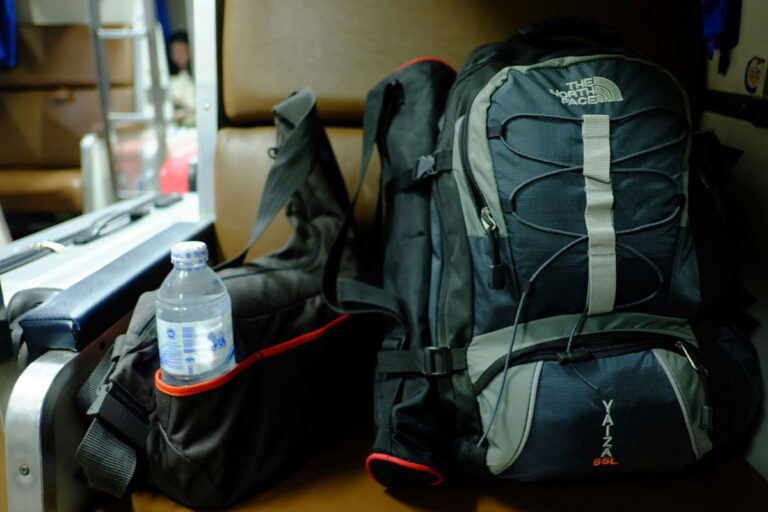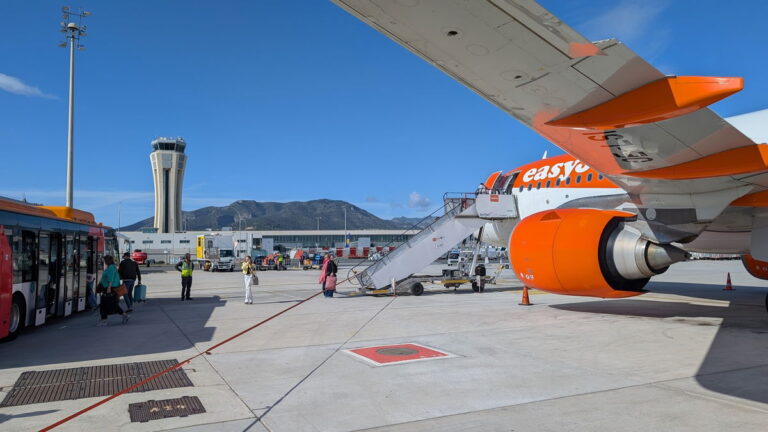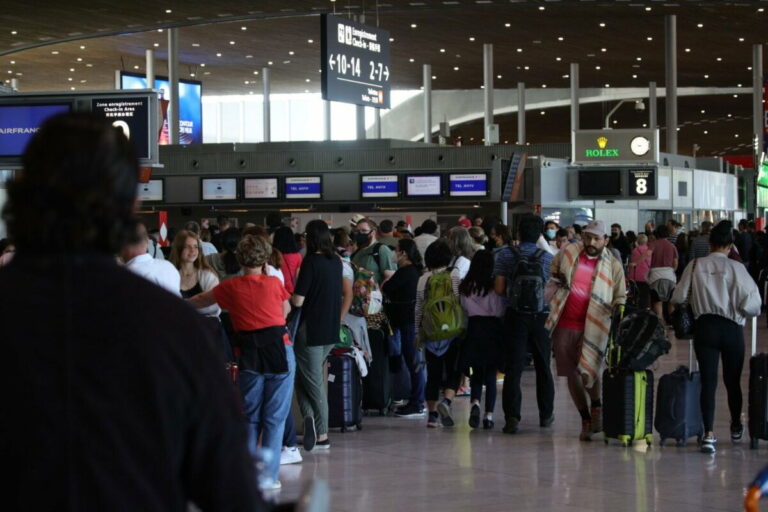
Power struggle at 30,000 feet: EU and US spark fire safety row with new ban on lithium battery chargers in checked bags.Credit: Eduardo Monroy, Shutterstock
Holidaymakers, business flyers and digital nomads, take note: before you jet off from Manchester, Gatwick, or Heathrow, double-check what you’ve stuffed in your suitcase – because power banks have officially been grounded. Both the European Union and the United States have slammed the overhead bin shut on one of the most common travel tech essentials: lithium battery chargers, also known as power banks.
Explosive truth behind the ban
This isn’t some bureaucratic belt-tightening. It’s a full-blown safety crackdown. The European Union Aviation Safety Agency (EASA) and the U.S. Transportation Security Administration (TSA) have confirmed that lithium-based portable chargers are now strictly banned from all checked-in luggage. In other words, if your battery pack is in the hold, you’re playing with fire – literally.
Why the drama? Lithium batteries, especially those found in power banks, have a nasty habit of overheating and bursting into flames if damaged, overcharged, or short-circuited. And if that happens below deck, crew can’t exactly pop down with a fire extinguisher mid-flight. A rogue spark in the cargo hold could mean tragedy.
Cabin fever: The only place left for your charger
From now on, your power bank must ride up top in your carry-on. Never buried beneath your swimwear and spare socks. And it doesn’t end there. These mini energy bricks must also be individually protected against short circuits (that means taping up terminals or keeping them in their original packaging), and you’re limited to two spare batteries per passenger.
Charging them mid-air? Forget it. Airlines don’t want passengers casually juicing up during turbulence. EASA makes it crystal clear: no recharging on board anymore.
US singing the same tune
The United States isn’t far behind. The TSA has echoed the same warning, declaring lithium-ion power banks persona non grata in checked bags. The message from both sides of the Atlantic is loud and clear: keep your power where you can see it – or don’t bring it at all.
Could Britain follow suit?
While the UK has yet to issue an identical nationwide ban, British flyers shouldn’t get too comfy. Most UK-based airlines already mirror these restrictions behind the scenes. Major carriers like British Airways, EasyJet and Ryanair advise passengers to pack power banks in hand luggage only – and that’s not just friendly advice, it’s enforced at the gate.
Aviation insiders say the Civil Aviation Authority (CAA) is likely to tighten rules even further if a formal UK policy shift follows in the wake of EU and US pressure. And let’s be honest – when Brussels and Washington agree on anything, it’s usually only a matter of time before London jumps on board.
Asia leads the charge
This isn’t just a Western worry. Countries across Asia have been zapping lithium battery risks long before Brussels or Washington took action. The Philippines flat-out bans power banks over 160 watt-hours – even in the cabin. South Korea clamped down after a fire broke out on an Air Busan flight, introducing tighter controls on what batteries can fly and how many per passenger.
Asian carriers like ANA, Cathay Pacific, and Singapore Airlines already enforce similar rules – no power banks in the hold, ever. So if you’re flying east, you’ll want to triple-check your tech.
Flying with a power bank? Here’s what you need to know:
- Power banks must be packed in your hand luggage or personal item
- They must be under 100 watt-hours (check the label)
- You can bring no more than two spare batteries
- Recharging them during the flight is now forbidden
- Terminals must be covered or batteries stored in safe packaging
Final boarding call
So next time you pack for Palma or prep for Prague, leave the lithium love in your backpack, not your baggage hold. Otherwise, your charger could face a one-way ticket to the bin – and you could be stuck with a dead phone, no Netflix, and nothing but your neighbour’s snoring for entertainment.
As Ursula von der Leyen, President of the European Commission, said of the move (via AP): ‘It’s about safety, and safety always comes first.’ No argument there.
Whether you’re taking off from Luton or landing in Lanzarote, let this be your travel tech warning: play it smart. Stay safe and stay tuned to the Euro Weekly News for the best travel news.
Stay tuned for more UK news.
Get more US news written by the people for the people.





![Sunday is the last day to take advantage of the Chase refinance mortgage rate sale [Expired]](https://thenewsblend.com/wp-content/uploads/2025/12/eed000a0-caf6-11f0-baaf-499d9d48b516-768x512.jpg)

